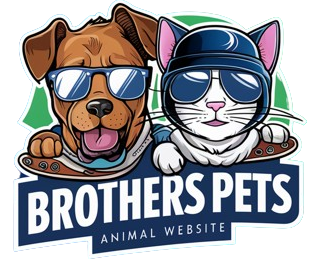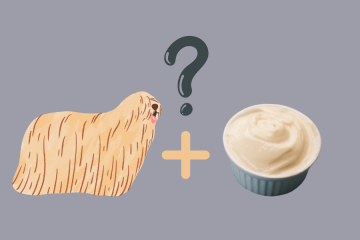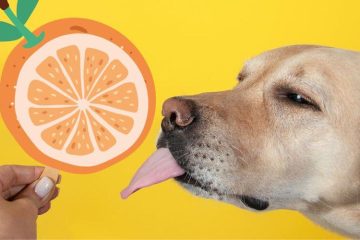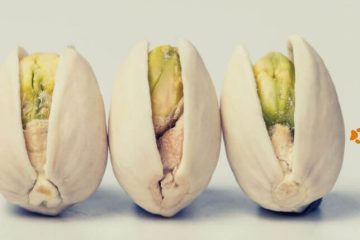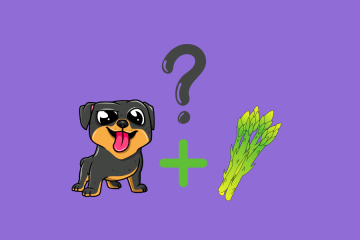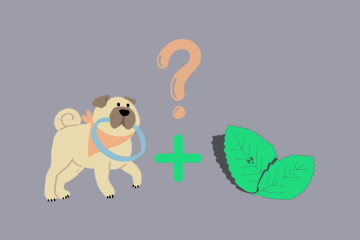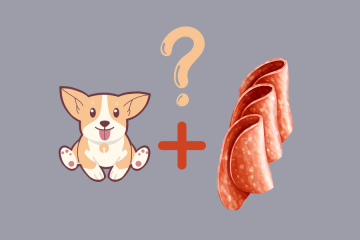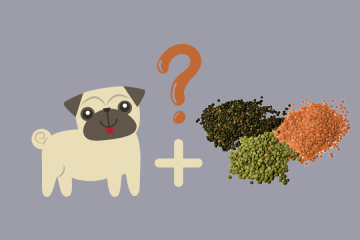Key Takeaways
- Can dogs eat cabbage? Cabbage is safe and good for dogs to eat, and has a number of health benefits.
- Dogs can eat cabbage on a daily basis, but in moderation.
- Dogs can eat cabbage raw or cooked, but it’s best to introduce it gradually to their diet.
- Cabbage is not toxic to dogs, but too much can cause digestive issues.
- Some vegetables that are safe for pups to consume every day include carrots, broccoli, cucumber, celery, and spinach.
Can dogs eat cabbage? Yes, dogs can eat cabbage! Cabbage is safe for dogs, and it has a number of health benefits. It’s one of the best foods for them! However, you need to be mindful that not all cabbages will be good for your pup. Make sure it is fresh or cooked before giving any kind, so they don’t get sick from eating something toxic. Do you want more cabbage benefits? Here you are.
Paw-fect Cabbage Benefits for Dogs
Cabbage is considered one of the most nutritious vegetables that exist. It contains:
- calcium;
- magnesium;
- vitamin A, B;
- folic acid;
- riboflavin;
- potassium;
- iron;
- sulfur.
These are all necessary for your dog to maintain its general health. Furthermore, cabbage is high in beta-carotene, an antioxidant that aids in the battle against cancer cells and improves your pet’s immune system at the same time. Because this vegetable has a low calorie content and a high fiber content, it may be fed to overweight dogs to assist them lose weight, since they will feel full after eating merely a tiny bit of cabbage. Feed your dog cabbage if you love him!

Dogs and Cabbage – Dosage and Warnings
Dogs can eat cabbage, but in moderation. As with any food item, start by giving your dog a small amount of cabbage and observing how he or she reacts. In general, cabbage can be fed to dogs on a daily basis!
Can dogs eat cabbage if they are still young? Puppies should only consume one to two bites before growing out of it, but adult dogs may eat considerably more.
Editor’s Note
Some dogs may have an upset stomach after eating cabbage, while others will not have any problems at all, so you’ll need to watch closely when serving up some coleslaw for dinner tonight. Excess cabbage in dogs might lead to gas build-up and bloating.
Advise Caution for Raw Cabbage
Raw cabbage, like all raw vegetables, might be harmful to your dog’s thyroid gland. It contains a chemical called thiocyanate that can damage your buddy’s thyroid gland and cause hyperthyroidism. If it consumes too much of it over time, their hormone production will be affected; special doggie treatment is only necessary for this! Try to feed your furry friend cooked cabbage.
Types of Cabbage for Dogs
- Red cabbage is great for dogs with digestive issues, and it’s also a good source of fiber.
- White cabbage is a good source of fiber and contains vitamins A, B and C. It also helps to prevent cataracts in dogs.
- Savoy cabbage has the same nutritional value as white cabbage, but it’s easier for canines to digest.
- Bok Choy is often used in Asian cooking, and it’s really great for dogs with digestive issues or who have had surgery on their stomachs.
- Brussels sprouts are high in vitamin C, folate and beta-carotene, which makes them a healthy choice for canines that need more energy throughout the day.
- Kale can be beneficial to pups as it contains many antioxidants.
- Napa cabbage contains dietary fiber, which is awesome for Bella’s digestive system.

Dog Meals That Include Cabbage As a Main Ingredient
Can dogs eat cabbage? Yes! However, it is better to cook it before feeding your dog. This way, you’ll make sure that the cabbage won’t cause any digestive issues. You can also add some other vegetables like carrots or peas if your dog needs more fiber in his diet. It’s okay to give raw cabbage, but not too much, because this could lead to diarrhea and vomiting due to indigestion, which may be painful for him/her.
Here are some of the best dog food ideas that include cabbage as a main ingredient. They’re simple, delicious, and they’re also healthy!
- Sausages, tuna, and cabbage casserole.
- Pork chops with cabbage and vinegar.
- Beef stroganoff with cabbage and vegetables.
- Cabbage rolls with minced pork, carrots, egg, and potato.
Can Dogs Eat Cabbage? Wrapping Up Those Cabbage Leaves
You may be still wondering: can dogs eat cabbage? The answer is yes, they can! In fact, there are many benefits of cabbage for dogs. Types of cabbage that are safe for dogs to eat include red, green, and white cabbages.
Dogs that eat meals that include cabbage as a main ingredient tend to be healthier overall. However, it’s important not to give your dog too much cabbage because, like with any other food, too much of anything can be harmful. So make sure you’re incorporating cabbage into your dog’s diet in moderation.
Frequently Asked Questions
Can Dogs Eat Cabbage Raw?
Raw cabbage is generally safe for dogs to eat in moderation. Like with any new food, you should introduce it to your dog’s diet gradually as too much can lead to digestive issues. If your dog has a gentle stomach, it’s better to cook the cabbage before giving it to them. Be sure to wash the cabbage thoroughly before feeding it to your dog!
Can Dogs Eat Cooked Cabbage?
Yes, cooked cabbage is safe for dogs to eat in moderation. It’s best to cook the cabbage without adding any oils or seasonings as these can be bad for your pup. Cooked cabbage is beneficial because it’s easier to digest and can help add variety to your dog’s diet.
Is Cabbage Toxic to Dogs?
No, cabbage is not toxic to dogs. However, if your dog consumes too much cabbage in one sitting it can cause digestive issues, such as stomach upset and gas. For this reason, be sure to introduce it to their diet gradually and feed them only small amounts at a time. It’s also important to buy organic cabbage whenever possible and wash it thoroughly before giving it to your pup.
What Vegetables Can Dogs Eat Every Day?
Some vegetables that are safe for your pup to consume on a daily basis include carrots, broccoli, cucumber, celery, and spinach. However, always check with your vet before giving any vegetable to your dog every day as different dogs may have specific dietary needs.
